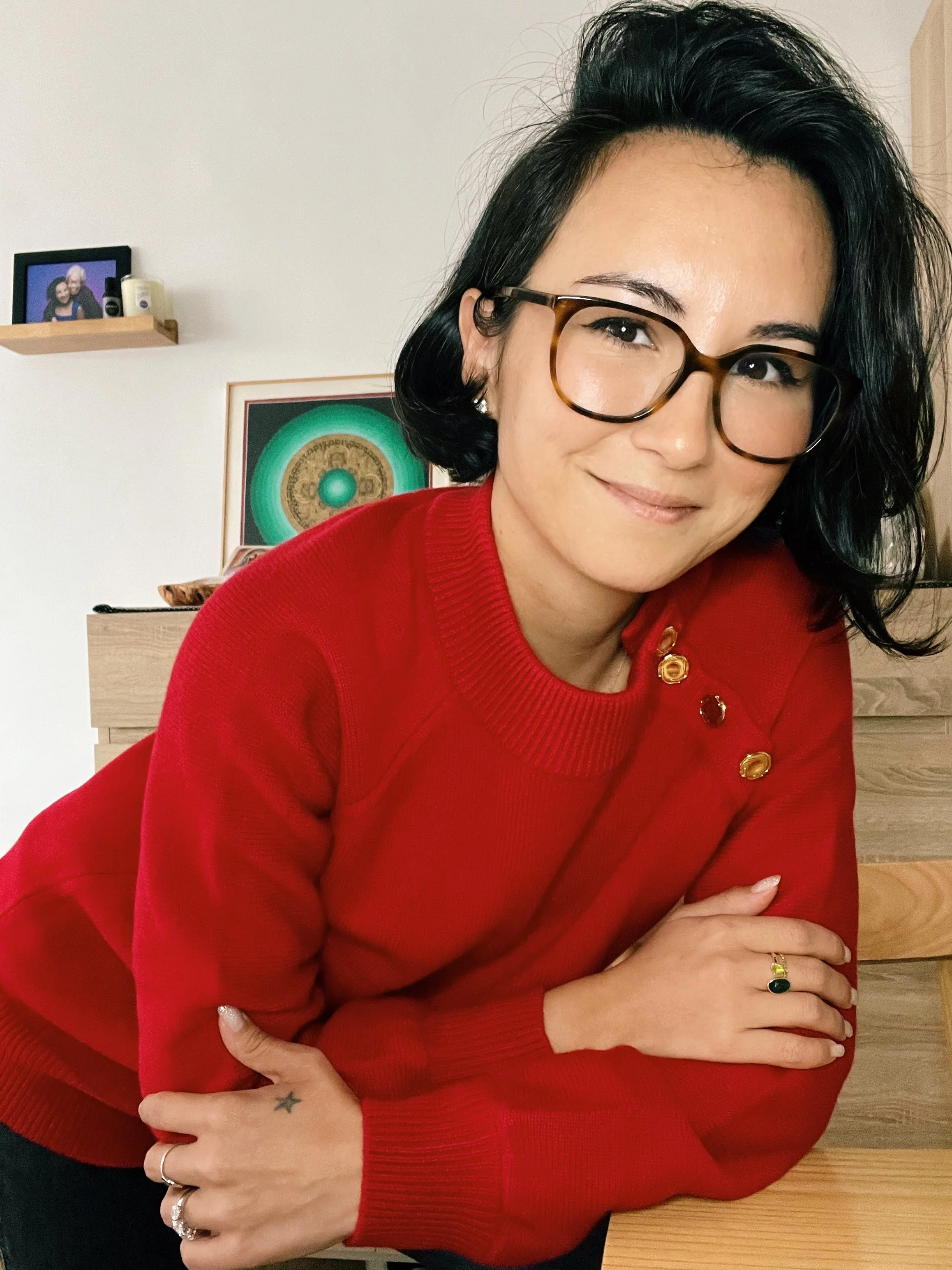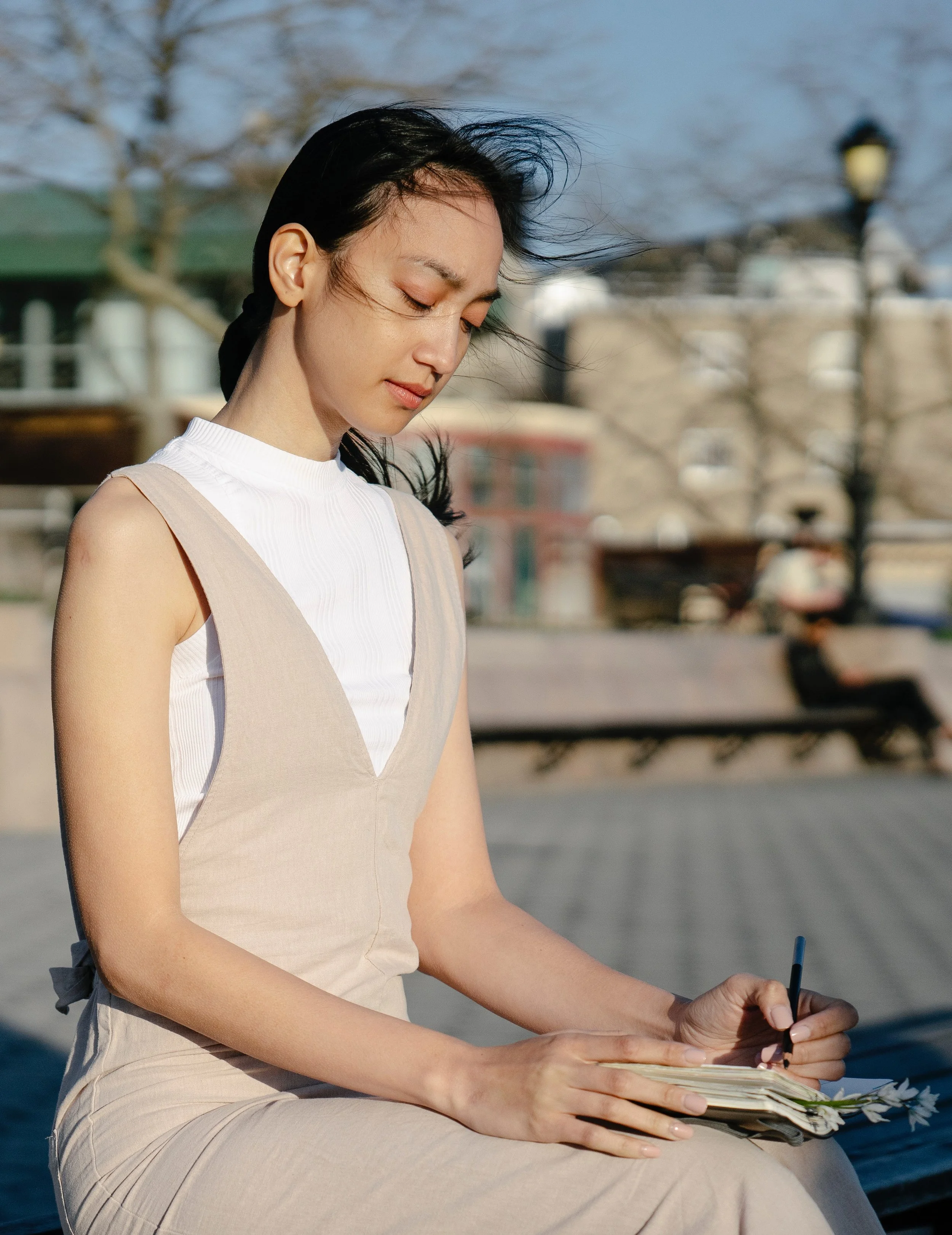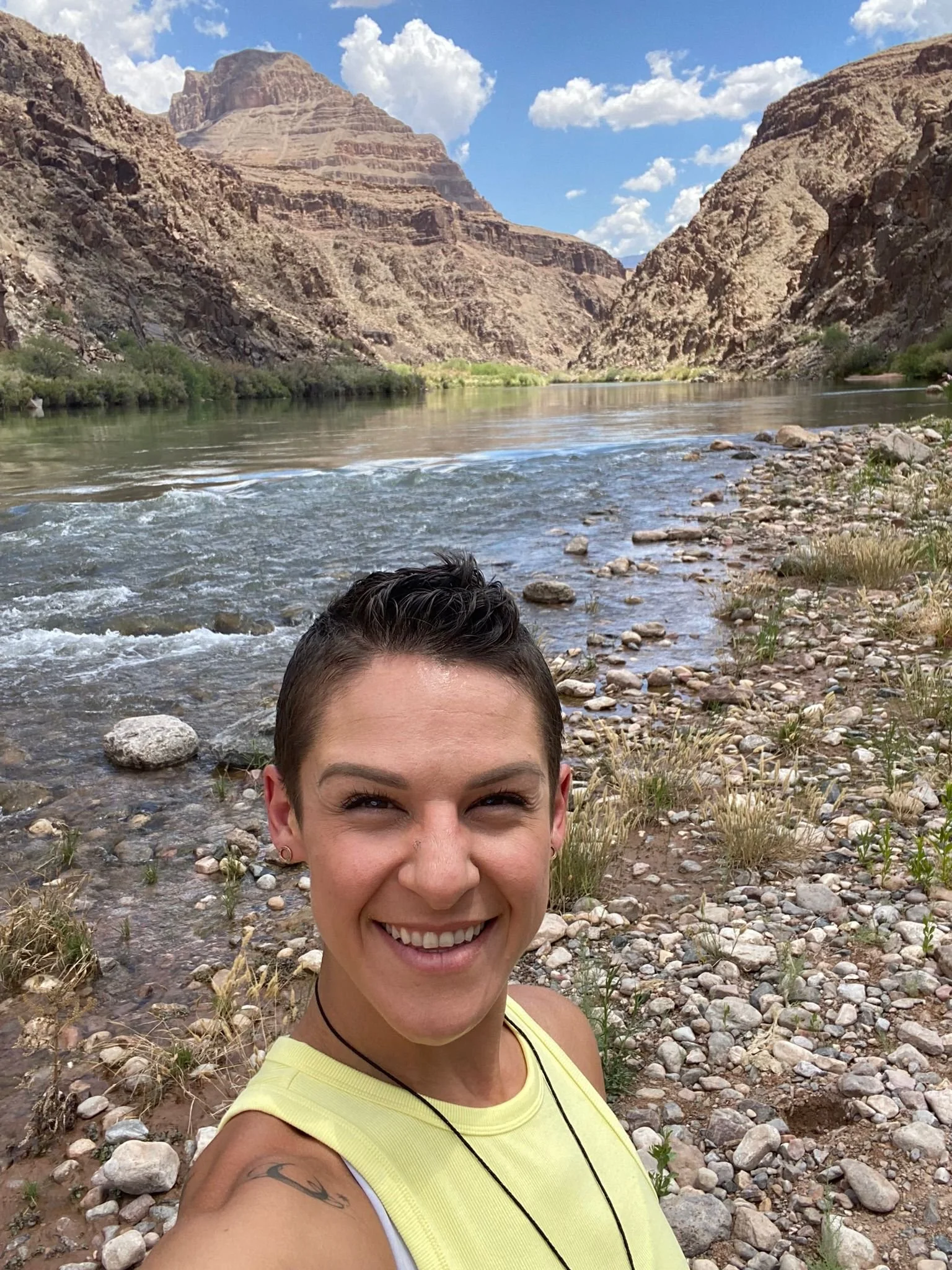Survivor stories
Tell your story.
Sharing your healing story gives voice back to you and helps inspire others to find healing.
-
I struggled with abandonment from a young age and instead of managing my emotions in a healthy way, I turned to substance abuse which led to chronic anxiety and depression for years. It wasn't until I ended up in the hospital that I woke up from my daze of self-sabotage. Aromatherapy literally saved my life. 80% of what we smell directly affects our mood so integrating aromatherapy into my daily routine supported in uplifting my mood and over time I became more optimistic about life. Friends and family around me noticed the major shifts in my behavior and outlook on life and this was 10 years ago. Aromatherapy is my best friend and daily go to.
-
Being raised by a mother who suffered from anxiety, depression and PTSD due to her traumatic, war-torn childhood had a profound effect on my mental state, which continued well into adulthood. I was constantly criticised, judged, often "taught a lesson" through fear and sometimes physical abuse. All of this was multiplied by the harsh authoritarian way of parenting, common in many Asian families. Many friends were brought up in similar environments, some "had it worse", so I grew to normalise the behaviour and because of this, my healing journey came to me unexpectedly through yoga. When I began yoga, I noticed there were a lot of critical and judgemental thoughts in my head. However, with consistent practice, I began to quieten my thoughts, learnt to be kind, to have empathy and to not judge myself or others around me. I know this may sound like 'woo woo' to some people (it certainly did for me at the start) but the positive shift in my attitude came over time. I was never taught to be kind to myself but learning that through yoga has been transformational for me. I also began to journal during the pandemic as a way to deal with my anxiety. I found that writing out my thoughts helped to declutter my mind. Through this, I found the space to empathise and to be kind to my mother. I realise now, how hard her life would have been back then. Mental illness was, and still is a taboo topic in Asian culture. It was unlikely that she had the knowledge or tools to process her traumatic childhood experiences and struggled to deal with that along with the stresses of raising a young family in a foreign country.
I'm in my early thirties now and I have forgiven my mother. I still find some conversations difficult but setting healthy boundaries by moving out (in my case, living in a different country) has improved our relationship a lot. My parents have also come to appreciate the space between us. There's more healing to go but I'm proud of the progress so far
-
Growing up, scarcity was the mindset. The belief was that you had to work hard, and that grades and achievement were everything. It stemmed from grandparents living through WWII and escaping communist Poland to start over in America with my mom and her little brother.
When I succeeded and excelled, I went over the top. I got the pat on the back, all the gold stars and then… it just eventually became normal. That's what Sarah did. Sarah was smart.
When I didn't perform, it was a huge disappointment. A quandering of opportunity I had been given. As it seemed at the time, the end of the world.
I grew to tie my sense of self worth with the things that I did, rather than who I was. This led to a lot of anxiety, frustration, and highly charged emotions when things didn't go my way or as planned. I always wanted to be “in control”, which served me in some ways as I took charge of situations and inherently lead others, allowing them to be in their zone of genius and creating cohesive teams. But under the surface, I always struggled with not feeling good enough.
My father wasn't in the picture growing up, so I also suffered abandonment issues, although it took me until my 30s to realise and address this. Combined with the high pressure to perform, I struggled with perfectionism which tied into an eating disorder that ran my life for 17 years. I still sometimes struggle with it today, although I’m happy to report it is no longer my daily mode.
Without a father in the picture I never learned how to have healthy relationships with men. Deep down I felt like something was wrong with me, otherwise he would have tried to be a part of my life. It led to me wanting to be perfect so that I wouldn’t be abandoned or rejected again, and that perfectionism put a lot of pressure on me. I had a lot of anxiety as a child and never enjoyed where I was, always trying to grow up faster and be better.
This journey has been tiring, enlightening and I have found the ways in which the behaviors actually served me to survive, and eventually thrive, in the environments that I was in. However, instead of defaulting to old patterns and habits, I'm now more conscious and intentional with the choices that I make, the thoughts that I have, and the behaviors I exhibit. This allows me to pivot into an ever evolving version of self and not to be attached to what I do, and rather embody who I am.
Working with coaches consistently has been one of the biggest contributors to my healing journey of loving and accepting myself more. Movement specialists helped me understand my body, yoga helped me tune in and connect with my inner wants and needs and mindset and business coaches help me to integrate and heal those parts of myself by learning to give myself what I need instead of seeking it from others.
Finding the limit and serve in each experience has helped me tremendously in rewriting my stories and rewiring my brain for a new narrative of my choosing. One that is more aligned.
Learning to ask for help, and receive it, has also been key to my healing as has being in community.
-
Being raised by a mother who suffered from anxiety, depression and PTSD due to her traumatic, war-torn childhood had a profound effect on my mental state, which continued well into adulthood. I was constantly criticised, judged, often "taught a lesson" through fear and sometimes physical abuse. All of this was multiplied by the harsh authoritarian way of parenting, common in many Asian families. Many friends were brought up in similar environments, some "had it worse", so I grew to normalise the behaviour and because of this, my healing journey came to me unexpectedly through yoga. When I began yoga, I noticed there were a lot of critical and judgemental thoughts in my head. However, with consistent practice, I began to quieten my thoughts, learnt to be kind, to have empathy and to not judge myself or others around me. I know this may sound like 'woo woo' to some people (it certainly did for me at the start) but the positive shift in my attitude came over time. I was never taught to be kind to myself but learning that through yoga has been transformational for me. I also began to journal during the pandemic as a way to deal with my anxiety. I found that writing out my thoughts helped to declutter my mind. Through this, I found the space to empathise and to be kind to my mother. I realise now, how hard her life would have been back then. Mental illness was, and still is a taboo topic in Asian culture. It was unlikely that she had the knowledge or tools to process her traumatic childhood experiences and struggled to deal with that along with the stresses of raising a young family in a foreign country.
I'm in my early thirties now and I have forgiven my mother. I still find some conversations difficult but setting healthy boundaries by moving out (in my case, living in a different country) has improved our relationship a lot. My parents have also come to appreciate the space between us. There's more healing to go but I'm proud of the progress so far




